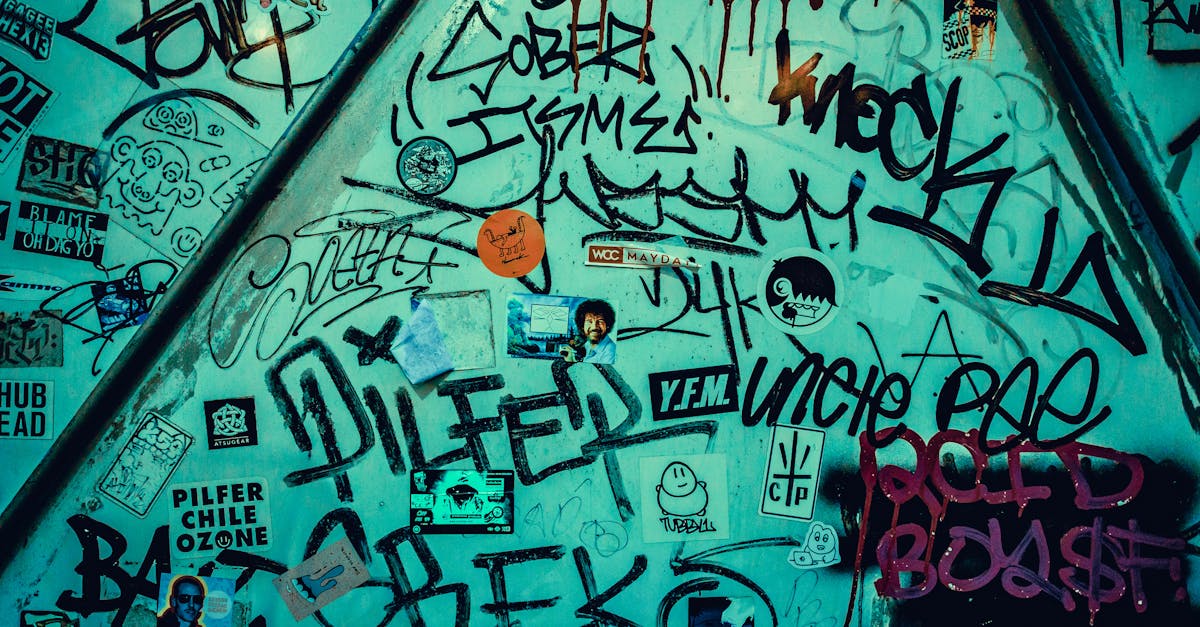The Business of Music Festivals Beyond a Concert
Introduction
Music festivals have become iconic events that draw millions of attendees worldwide, offering more than just a lineup of popular artists. They are dynamic, cultural, and economic powerhouses that hold significant influence both locally and globally. With eclectic atmospheres and unique experiences, these festivals offer something for everyone, from die-hard music enthusiasts to casual attendees. Their appeal stems from a blend of music, arts, food, and location-based adventures, crafting memorable experiences. However, beneath the festive exterior lies a complex industry responsible for orchestrating these large-scale events. This article explores how music festivals are businesses at their core, involving intricate planning, strategic marketing, and impactful partnerships.
Advertisement
Economic Impact
Music festivals generate substantial economic benefits beyond ticket sales, adding significant value to host cities and regions. Festival-induced tourism affects numerous local sectors, including hospitality, transportation, and retail. For example, Coachella boosts California's economy by approximately $250 million annually, offering financial lifelines to local businesses. Furthermore, festivals create employment opportunities, engaging temporary staff and volunteers for event operations. Organizers must account for security, sanitation, logistics, and design, involving multiple professional services. The economic ripples extend into local economies as visitors spend on accommodations, dining, and souvenirs, making festivals a lucrative venture for cities.

RDNE Stock project/Pexels
Advertisement
Sponsorship and Brand Partnerships
Corporate sponsorships and partnerships play a critical role in sustaining and enhancing music festivals, offering brands a platform for engagement with diverse audiences. From beverage companies to fashion brands, these collaborations are symbiotic, providing exposure while offsetting production costs. Sponsorships can redefine festival experiences—consider how Red Bull's partnerships often involve exhilarating, branded activities for attendees. Additionally, strategic branding ensures festival relevance and enables innovation in event design and offerings. By leveraging these relationships, festivals remain financially viable and creatively dynamic, ensuring continued allure and expansion.
Advertisement
Technology and Innovation
Technology is revolutionizing music festivals, transforming attendee experiences through digital innovation. Mobile apps provide interactive maps, artist schedules, and cashless payment options, streamlining event logistics. Meanwhile, advanced lighting and sound technologies enrich performances, offering immersive audio-visual spectacles. Drones capture panoramic shots, while virtual reality becomes part of the experience, bringing remote audiences closer. Radio-frequency identification (RFID) wristbands enhance security and personalize visitor interaction. These technologies increase efficiency and safeguard against challenges such as overcrowding, providing festival-goers seamless entertainment.
Advertisement
Cultural Significance
Music festivals are cultural celebrations, often deeply intertwined with movements and trends. Events like Glastonbury and Bonnaroo foster a sense of community, a shared understanding that transcends individual histories. These gatherings become platforms for political and social dialogue, where issues intersect with entertainment. Environmental awareness, diversity, and inclusivity often become highlighted topics, cultivated through carefully curated performances and exhibits. Moreover, festivals promote cultural exchange and solidarity, driving societal progress and collective identity. Their ethos reflects the zeitgeist, capturing generational shifts and championing emerging voices.
Advertisement
Environmental and Social Responsibility
Sustainability and social responsibility have gained prominence within the music festival landscape, prompting initiatives to minimize environmental impact. Organizers are increasingly adopting green practices, from waste management to resource conservation. Eco-friendly infrastructures, innovative recycling programs, and carbon offset initiatives are becoming the norms. Furthermore, collaborations with NGOs raise awareness about pressing social issues, galvanizing attendees to engage in activism. Festivals become incubators for launching environmental campaigns, aligning with broader commitments to global sustainability goals. These efforts reflect a growing consciousness towards ethically responsible event hosting.
Advertisement
Logistics and Planning
Logistics form the backbone of successful music festivals, demanding meticulous planning and seamless execution. Setting up stages, lighting systems, and sanitation facilities involves large-scale operations, often starting months before the event. Promotions target diverse demographics to ensure requisite attendance, capitalizing on social media, influencers, and traditional media outlets. Safety and contingency plans are vital, structured to anticipate crowd flow and possible threats. Coordinating with local authorities and agencies is crucial for public safety and compliance with regulations. Effective logistics ensure smooth operations, converting challenges into festive triumphs.
Advertisement
Artist Relations and Management
Artist management and lineup curation are crucial in defining a festival’s identity, demanding comprehensive negotiation and coordination efforts. Festivals present an avenue for emerging talents while featuring iconic headliners, creating balanced and appealing lineups. Organizers work closely with artists’ representatives to accommodate performance requirements and schedules, including special effects and equipment needs. Management extends to stage production, VIP engagement, and hospitality arrangements, ensuring artists’ experiences are exceptional. Building strong relationships with artists fosters trust and repeat appearances, adding value and excitement to the program.
Advertisement
Challenges and Triumphs
Despite their allure, organizing music festivals involves navigating numerous challenges, from logistical headaches to financial uncertainties. Weather unpredictability, noise regulations, and licensing hurdles often impact event feasibility. Competition can be fierce, with festivals vying for audiences, top-tier artists, and brand attention. However, triumphs lie in innovation and adaptive strategies—using analytics, festivals optimize experiences and maximize engagement. Collaborations with emerging technology platforms enable unique interactions, revitalizing festival popularity. Organizers' adaptability, along with dedicated teams, ensures festivals continue producing unforgettable moments and cultural milestones.
Advertisement
Conclusion
Music festivals encompass far more than musical gatherings; they are comprehensive enterprises that influence culture and economies. Their success rests upon intricate planning, robust partnerships, and innovative solutions, striking a balance between profitability and cultural contribution. As they evolve, festivals become platforms for dialogue, creativity, and inclusion, challenging traditional paradigms. Sustainability and technology integration remain pivotal areas ensuring longevity. Ultimately, the business of music festivals is a symphony of experiences, where music casts but one note—harmonizing with broader themes of community, commerce, and culture.
Advertisement


